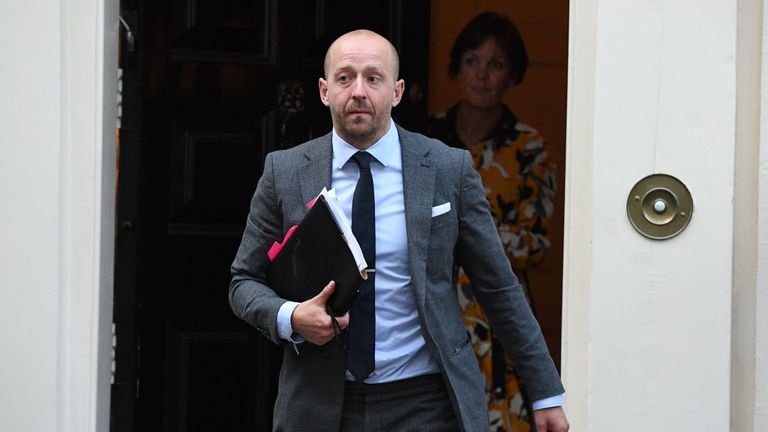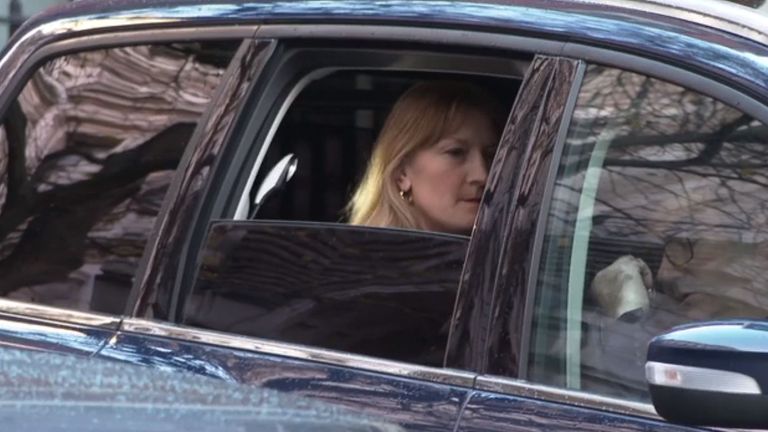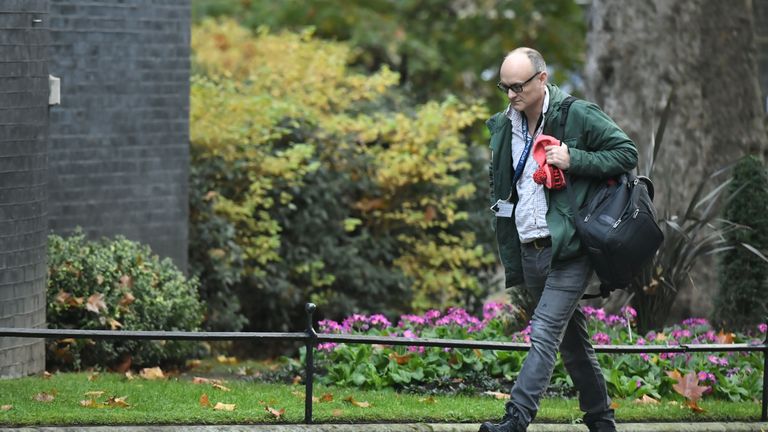The vast majority of the country hasn’t heard of Lee Cain and won’t much care about his departure from Number 10.
But the resignation of the prime minister’s top aide does matter beyond the narrow beltway of Westminster gossip because it raises the question of whether it heralds the changing of the guard in Number 10 and a new Johnson era now Brexit is almost done.
Mr Cain is part of the Vote Leave team that has propelled Boris Johnson this far and dominated his first 18 months in office.
From helping Mr Johnson win the 2016 referendum to the 2019 general election, Mr Cain and his close ally Dominic Cummings have shaped Mr Johnson and his premiership more closely than anyone else and have had an an iron grip on the operation of Number 10.
But during that time, relations have soured between Downing Street and many ministers, as well as many Conservative MPs, concerned about the leaks, the U-turns and the ruthless way in which the duo have run the prime minister’s operation.
As the common refrain from weary ministers goes: “Running a government is quite different from running a campaign.”
This week those tensions finally blew up.
When the suggestion that Lee Cain was going to be promoted to chief of staff was leaked to The Times on Tuesday night there was a fierce backlash from some MPs and ministers.
There were reports of resistance too from the prime minister’s fiancée Carrie Symonds, while his new press secretary Allegra Stratton also raised concerns.
One ally of Mr Cain tells me that the prime minister offered him the job but wouldn’t agree to the terms that his long-standing aide wanted to do it on: access to Mr Johnson limited to his most three senior advisers – Mr Cain, Mr Cummings and cabinet secretary Simon Case. And so Mr Cain quit.
“Boris is loyal to those who have been loyal to him,” one senior politician told me last night. “And I can imagine Boris agreeing positively to Lee’s pitch.
“But if it felt like Lee was trying to control him and who he could speak to one-on-one, Carrie would have weighed in”.
That Mr Cain – backed by Mr Cummings – fought and lost this power struggle suggests that the Vote Leave operation’s influence is on the wane.
Could the turn of the year see a different style of leadership as Number 10 tries to build consensus rather than pick fights with MPs, Whitehall, the media and Brussels?
Because the old guard is slowly changing.
The prime minister personally appointed Allegra Stratton, a former broadcast journalist and strategic advisor to Rishi Sunak, as his press secretary.
And the departure of Mr Cain as director of communications – expected to be replaced with longstanding press spokesperson James Slack – will change the tone.
“The prime minister wanted to change the mood,” said one figure last night. “He can see the problems”.
There are inevitable questions now as to how long the controversial figure Dominic Cummings will stay.
One ally of Mr Johnson told me last night: “We can live without Dom”.
There are questions too whether other key advisers might leave as this power struggle plays out. One adviser loyal to Mr Cain told me last night: “I think this is a massive mistake for the prime minister”.
But for others there will be “much rejoicing”.
“No 10 has been toxic and dysfunctional for a while,” says a senior politician.
This is one resignation that speaks to a much wider power struggle that it is happening right now, in the midst of a pandemic when the Brexit endgame is upon us, and it speaks to the nature of this particular Number 10.
Mr Johnson might have finally decided that he really needs to get a grip.









